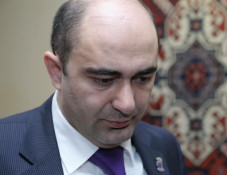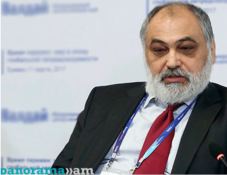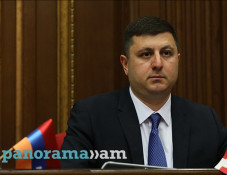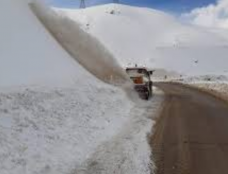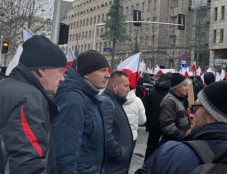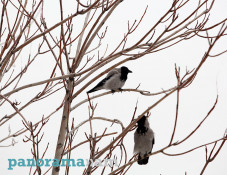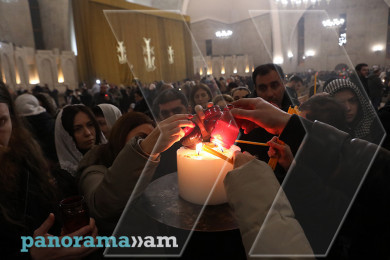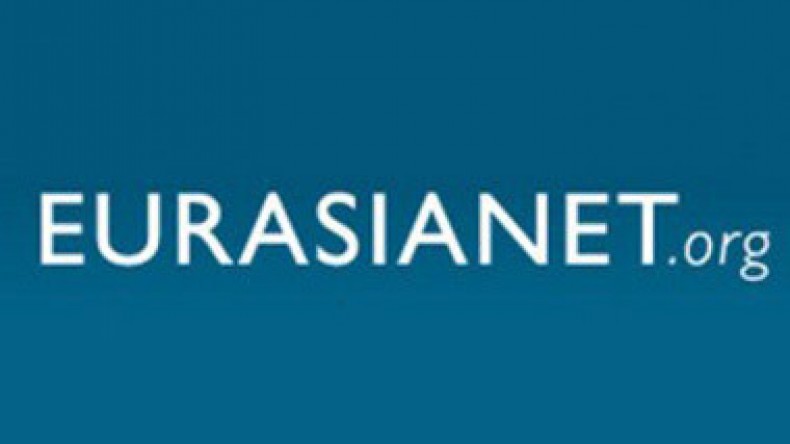
EurasiaNet: Azerbaijan ranks among world's top journalist-jailer countries with Turkey and China
Amid the coverage of civil-rights debates during this presidential election cycle in Azerbaijan, one key journalist’s voice is missing, the Azerbaijani journalist Shahin Abbasov says in an article published in US organization EurasiaNet.
The author notes that Thirty-eight-year-old Elmar Huseynov, editor-in-chief of Monitor magazine and one of the most critical journalists of President Ilham Aliyev’s policies, was shot and killed in front of his Baku apartment back in early March, 2005. The crime shocked Azerbaijanis, prompting a condemnation from President Aliyev, along with a promise for a rapid and thorough investigation. However, more than eight years later, the murder remains unsolved, and the case continues to cast a shadow over Azerbaijan’s political process.
As the author says in the article, for many these days, especially opponents of Aliyev’s administration, Elmar Huseynov’s murder marks the beginning of a clampdown on media that is continuing right up to the present day.
Emin Huseynov, director of the Baku-based media watchdog Institute for Reporters’ Freedom and Safety (IRFS), argues that that failure to bring closure to the murder case has created an atmosphere of impunity that has had a muzzling effect on journalists in Azerbaijan. He notes that since Elmar Huseynov’s death, another journalist-writer, Rafig Taghi, has been killed, and more than 200 incidents of violence against journalists have been recorded. Arrests of journalists also have continued.
With 10 now in jail – the latest, pro-opposition journalist Parviz Hasimli, arrested on September 19 for the alleged illegal possession of weapons -- Azerbaijan now ranks among the world's top journalist-jailers, after Iran, Turkey, China, Eritrea and Vietnam, according to the Committee to Protect Journalists.
The author writes that Huseynov’s family and human rights defenders and journalists remain skeptical about the thoroughness of the official investigation. The government, they allege, is not interested in finding the killers. “It is not surprising that the crime was not successfully investigated during more than eight years. This government committed it, and they are not going to arrest themselves,” Huseynov’s father, Sabir, commented to EurasiaNet.org.
However Shahin Abbasov notes that public pressure on the Azerbaijani government to clear up the case, no matter the culprit, has dwindled in the face of other concerns. With a 22-day campaign for the October 9 presidential vote, time for airing complaints is scant. Public attention, meanwhile is focused on other issues, such as corruption among the ruling elite, an ineffective justice system and the unequal distribution of oil revenues.
The article reads that the opposition campaign of presidential candidate Jamil Hasanli has pledged to investigate Huseynov’s murder if he wins the presidential election, while Hasanli’s chief rival, incumbent President Aliyev, has not commented on the Huseynov case since 2005.
Meanwhile, as the author writes, every year on March 2, the date of Huseynov’s death, and on July 17, his birthday, a group of journalists and civil society activists visit his grave as a sign of support for the right to freedom of speech. IRFS’ Huseynov claims that requests to the Baku city government to build a monument to the slain journalist remain unanswered.
The article reads that as the imprisonments of and attacks on journalists have increased, the group visiting Huseynov’s grave has become gradually smaller. Yet Sabir Huseynov’s hope for eventual justice for his son’s murderer lives on. “I ask God to let me live to this day,” he said.
Newsfeed
Videos









